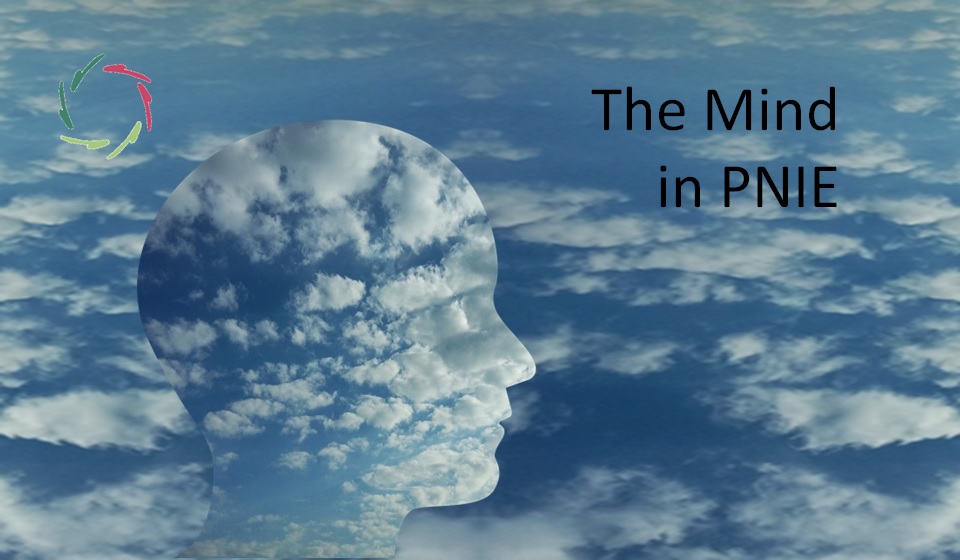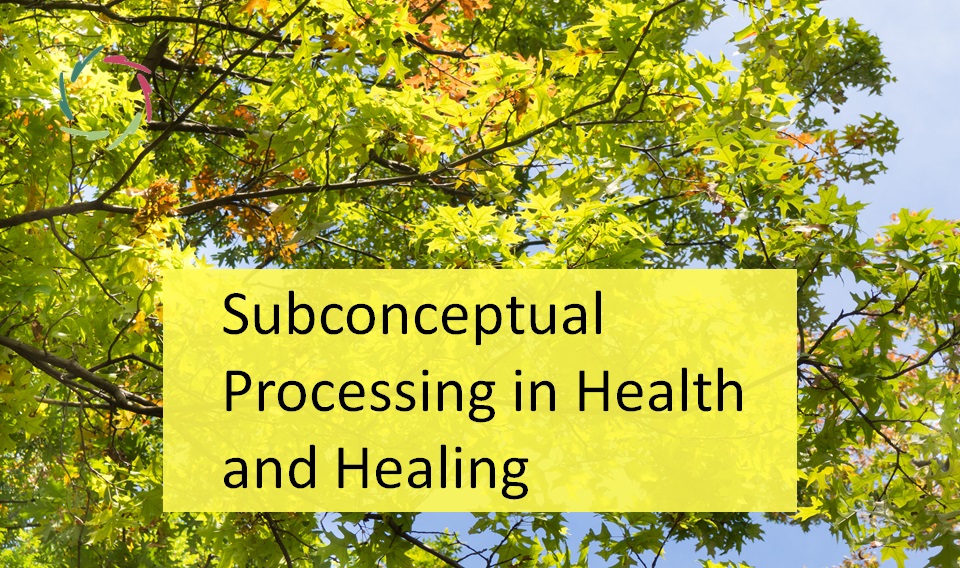The Mind in PNIE

Over the years, the role of the mind in Psycho-Neuro-Immuno-Endocrinology (PNIE) has become increasingly apparent. This trend is bound to continue, and Lisa is bound to play a significant role in this evolution.
PNIE shows the intricate connections between different systems in the human being as a whole. Regarding the mind (psyche), one can go a step further. This is not a ‘different system’ but rather the result of a specific view of the whole. There are no particular mind-molecules, mind-cells, or mind-substances.
You find some immune related blogs here.
Another trend: complexity of the physical systems
The more that researchers unravel each system of the human body at the cellular and molecular level, the more complexity is found at each level and between systems and levels ― as if nature has never been happy with simple solutions.
There is good reason for this. Complexity brings additional possibilities as well as robustness. With the right ‘energy,’ a complex system is self-uplifting and even self-healing through positive and negative feedback loops. Natural evolution is one example, as is much of what happens within each natural organism.
On the other hand, it also brings a vulnerability: the propensity for self-enhancing chaos. Within or near this chaos, a structure can emerge that distracts a lot of the chaos’ energy ― thus forming a ‘dissipative structure.’ To make this clear with a frequently used example, think of a river that streams harder over a specific stretch, thus concentrating a lot of energy. This makes the water molecules behave near-chaotically. If circumstances collide, this turns into a whirlpool ― an example of a dissipative structure. It dissipates the molecules and the energy into a new entity and a dangerous one for that.
We’ll come back to this in a minute.
The mind and complexity
We don’t see ‘mind’ in simple systems. By intuition, we also know that it’s not possible to see it there. ‘Mind’ seems to need a complex substrate.
So far, so good. But there’s another way to look at this. What we call ‘mind’ may be the result of any super-complex system. Then, it’s just a term we use to denote what we cannot comprehend in another way. Note that ‘super-complex’ should be taken literally as more than just ‘complex.’ We see complex systems in much of nature but in nothing as super-complex as ourselves. Therefore, for a long time, people have seen ‘mind’ as almost a synonym of ‘human mind.’
This is then also the reason why ‘mind’ seems mysterious.
If there is nothing about some entity beyond our reach of comprehension, then we are not keen to see it as possessing ‘mind’ or even being ‘intelligent’ in the first place. Thus, the mystery comes before the mind.
For instance, people used to see the possibility of making mathematical calculations as a hallmark of intelligence. Not so long ago, ‘computers’ were intelligent people who made many demanding calculations in mainly the business world. When – comprehensible – machines started doing the job, the job itself lost its aura of intelligence. Calculating devices are not particularly seen as intelligent nowadays. Mystery gone ― intelligence gone ― mind gone.
Eventually, ‘mind’ is complexity itself, also in PNIE.
Thus, in simple terms, we come to the basis of mind-body unity. ‘Body’ and ‘mind’ are two ways of looking at the same thing.
In PNIE, complexity abounds in each physical system: the neurological, the immunological, and the endocrinological. This also shows again what we already know well: the mind is not confined to the working of the brain. Included is the complexity of the whole body. We think with every letter of PNIE, at least.
Undoubtedly, we are far from reaching the end of related discoveries. Future research will show a lot more complexity. Otherwise said, it will show a lot more ‘mind.’
Are you following me?
We are still talking about the same ‘mind’ ― no magic.
Probably the most important consequence is that we need to take the mind much more seriously in all diseases that are now seen as physically very complex.
One example is the large group of (auto-)immune-mediated inflammatory diseases, comprising psoriasis, multiple sclerosis, ulcerative colitis, Crohn’s disease, rheumatic arthritis, systemic lupus, and many more. [1] Each of these disorders can be seen as a dissipative structure within the super-complexity that we call ‘human being’ ― basically analogous to a river’s whirlpool, only in a much more complex environment and in which apparently quite a few things can go wrong.
We can and should try to manage/treat these conditions as well as possible from a physical perspective. Besides that, we should also never forget the mind perspective, not by reducing it but by taking into account the inherent – by definition – degree of complexity. Only by valuing both can we lend optimal services to many patients.
But how?
That’s where Lisa comes to the rescue, using A.I. to take into account, as said, the true complexity of the human mind.
In my view, this will also lead us to a better understanding of who we are and why it matters.
―


